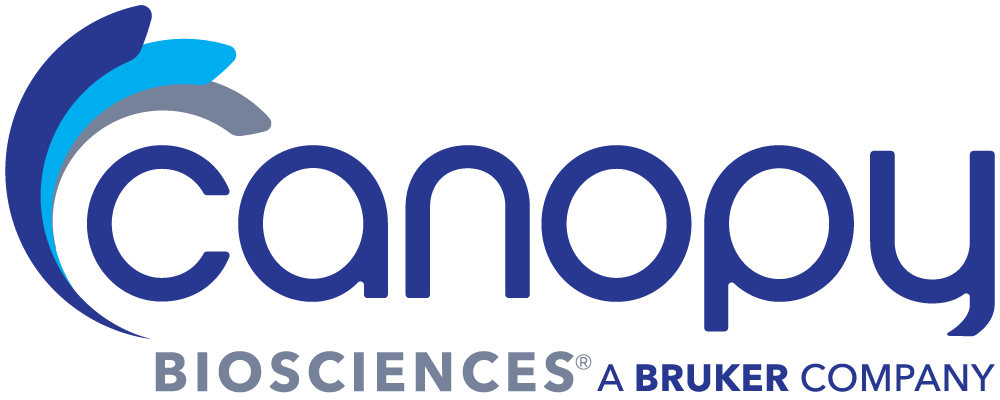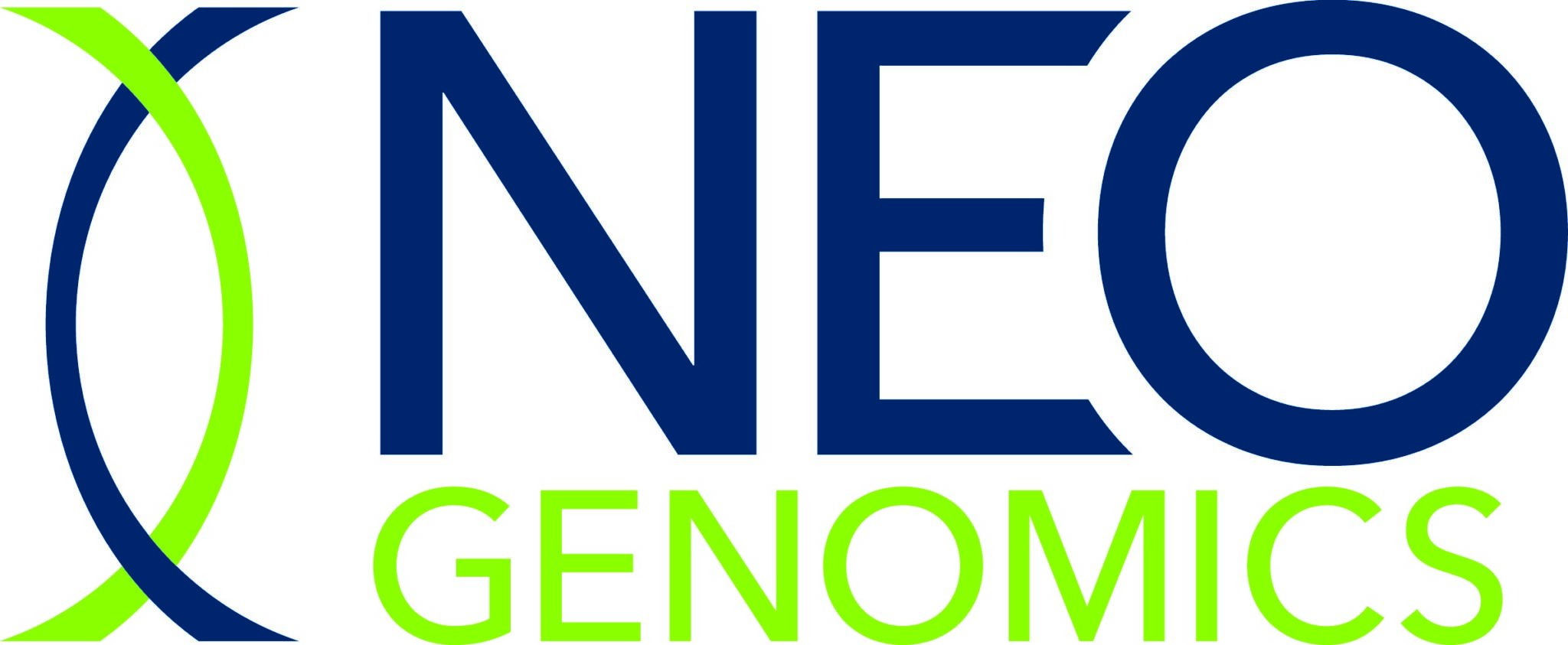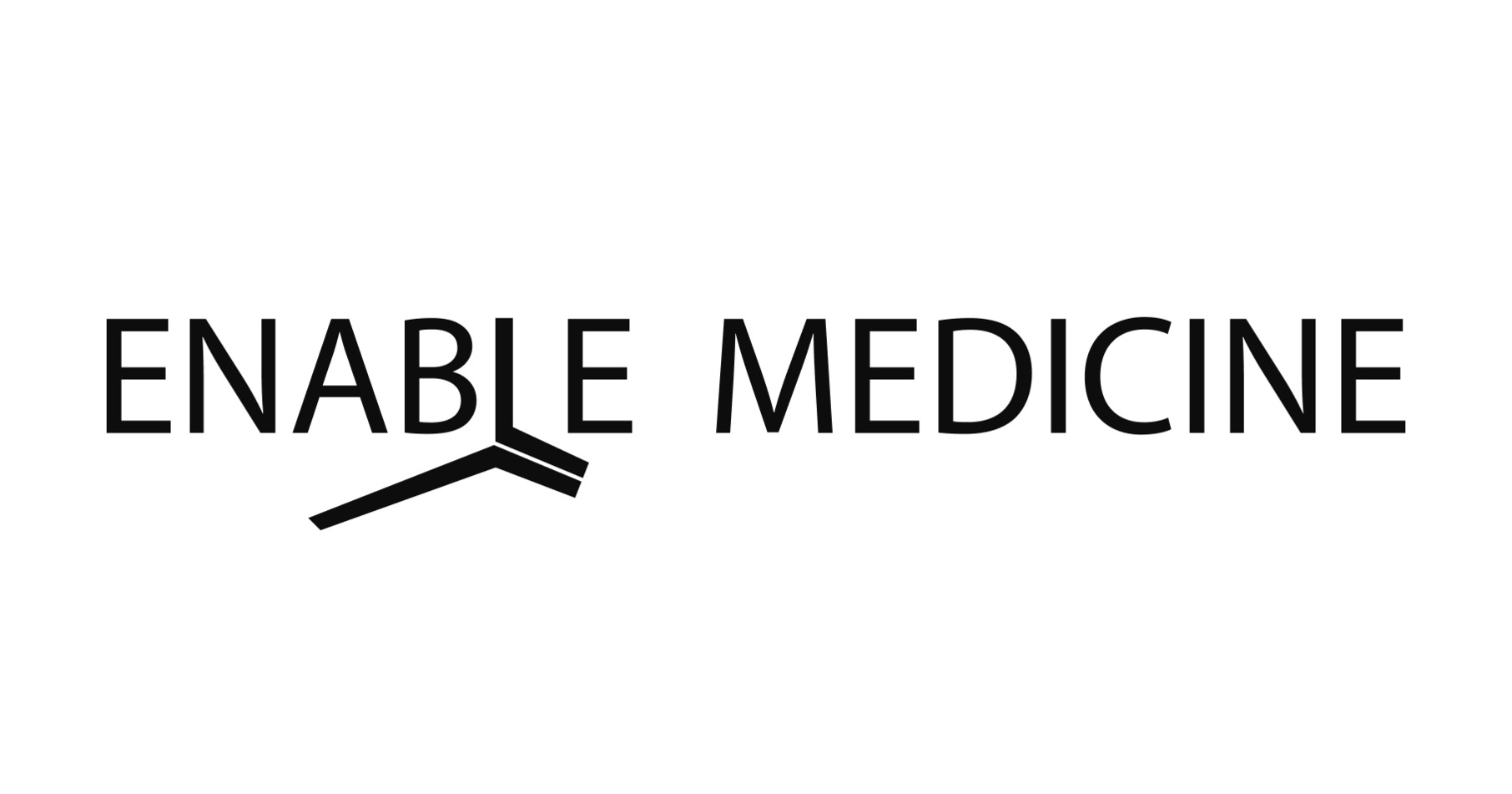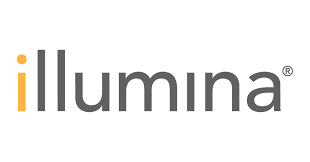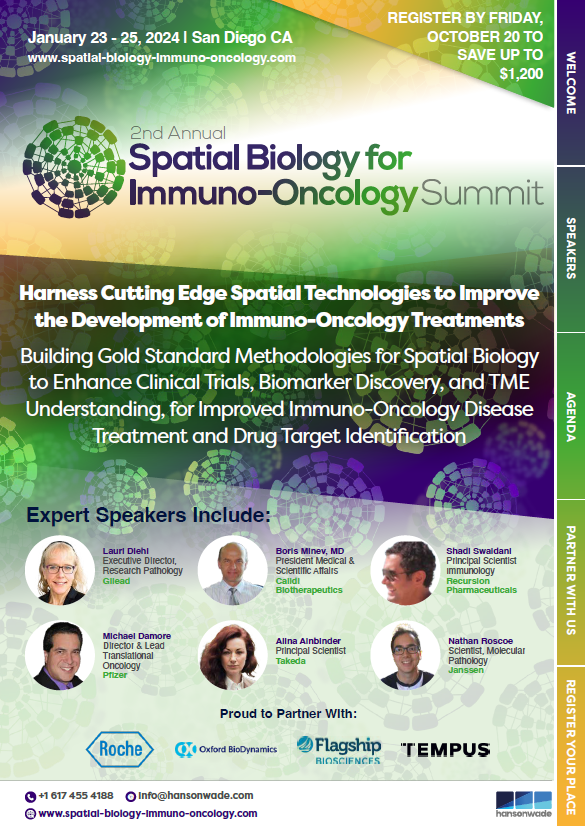Your next event in the series is Spatial Biology for BioPharma Summit Europe!
Thank you to all our speakers, sponsors and delegates who attended the Spatial Biology for Immuno-Oncology Summit 2024. Please let us know if you are interested in attending the 2025 summit at info@hansonwade.com
The 2nd Spatial Biology for Immuno-Oncology Summit returned at an opportune moment to explore current methods to harness the potential of spatial technologies, paving the way for transformative breakthroughs in immuno-oncology research and treatment.
In the past six months, rapid advancements in spatial transcriptomics and its applications in immuno-oncology, along with notable M&A activity, have reshaped the landscape. With numerous acquisitions and collaborations between service providers strategic partnerships underscore the industry's commitment to spatial biology.
Researchers are leveraging these technologies to better understand the tumor microenvironment, tumor interactions with various cell types and the immune system, identify new biomarkers, predict disease progression, and assess therapy response. The integration of computational analysis with spatial biology data has led to more sophisticated insights, attracting increased interest and investment from pharmaceutical companies. This event stands as the premier platform exclusively focused on spatial profiling technology in immuno-oncology, offering practical implementation strategies and featuring drug developer case studies.
World-Class Speaker Faculty Included:


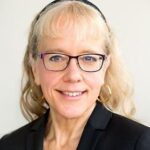



Previously Attending Companies Include:


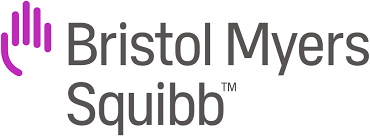
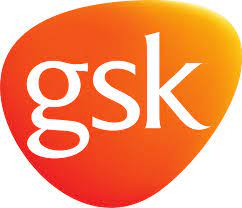

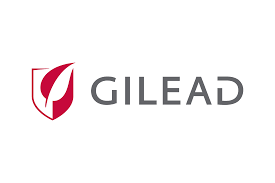


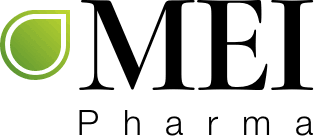
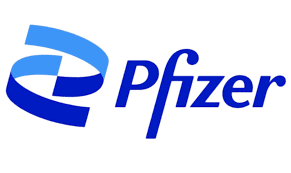
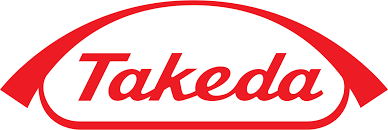
2024 Partners:
